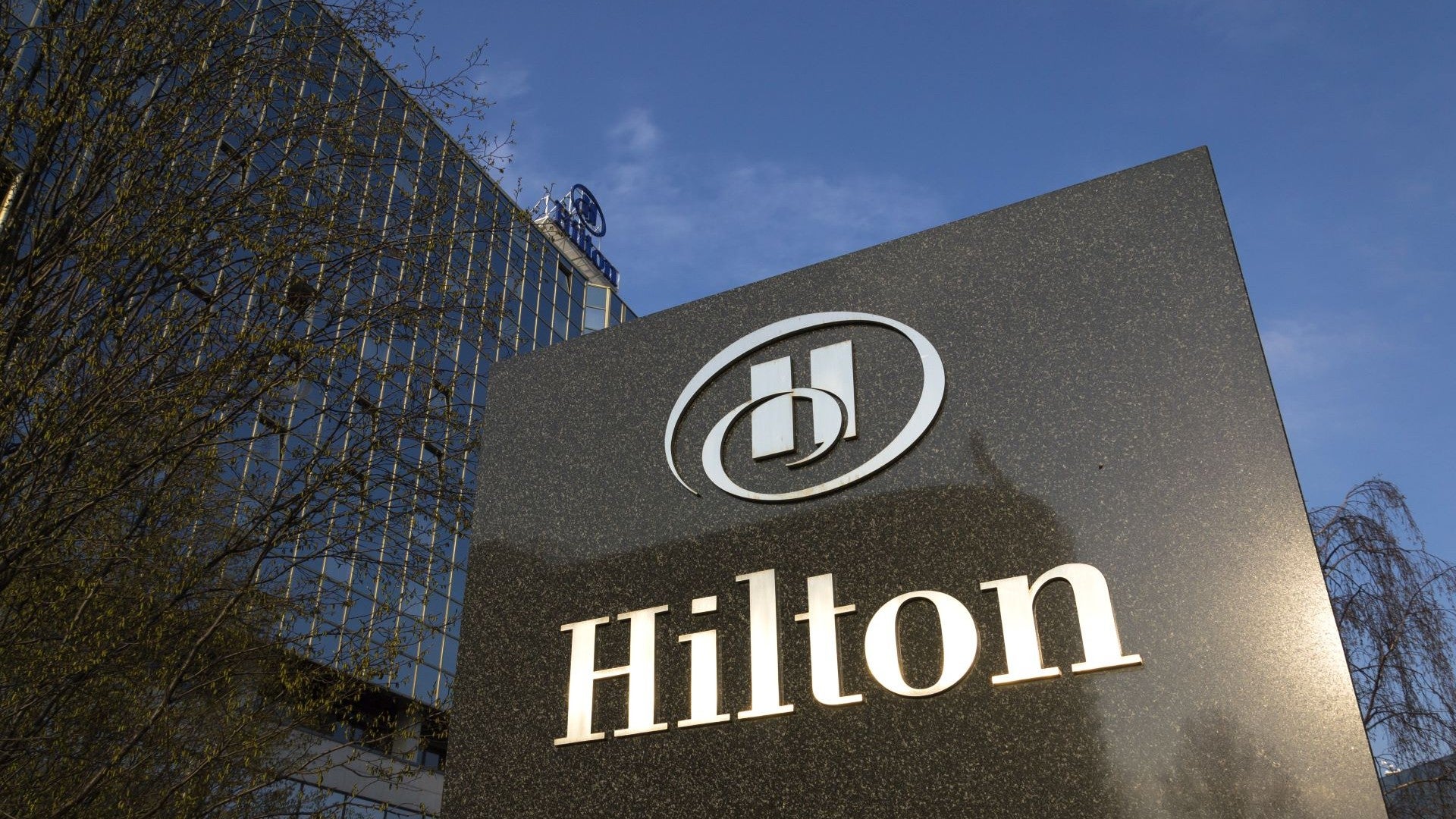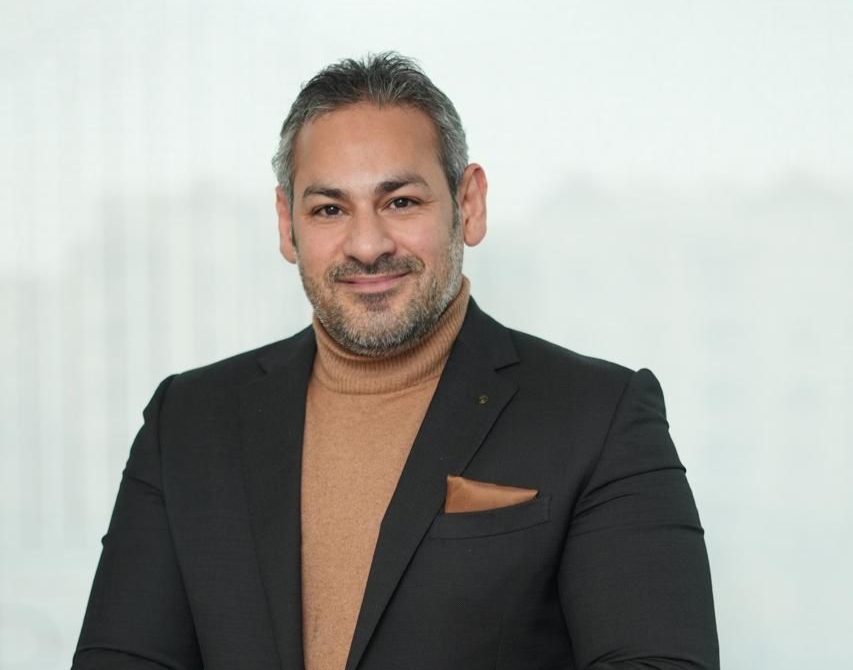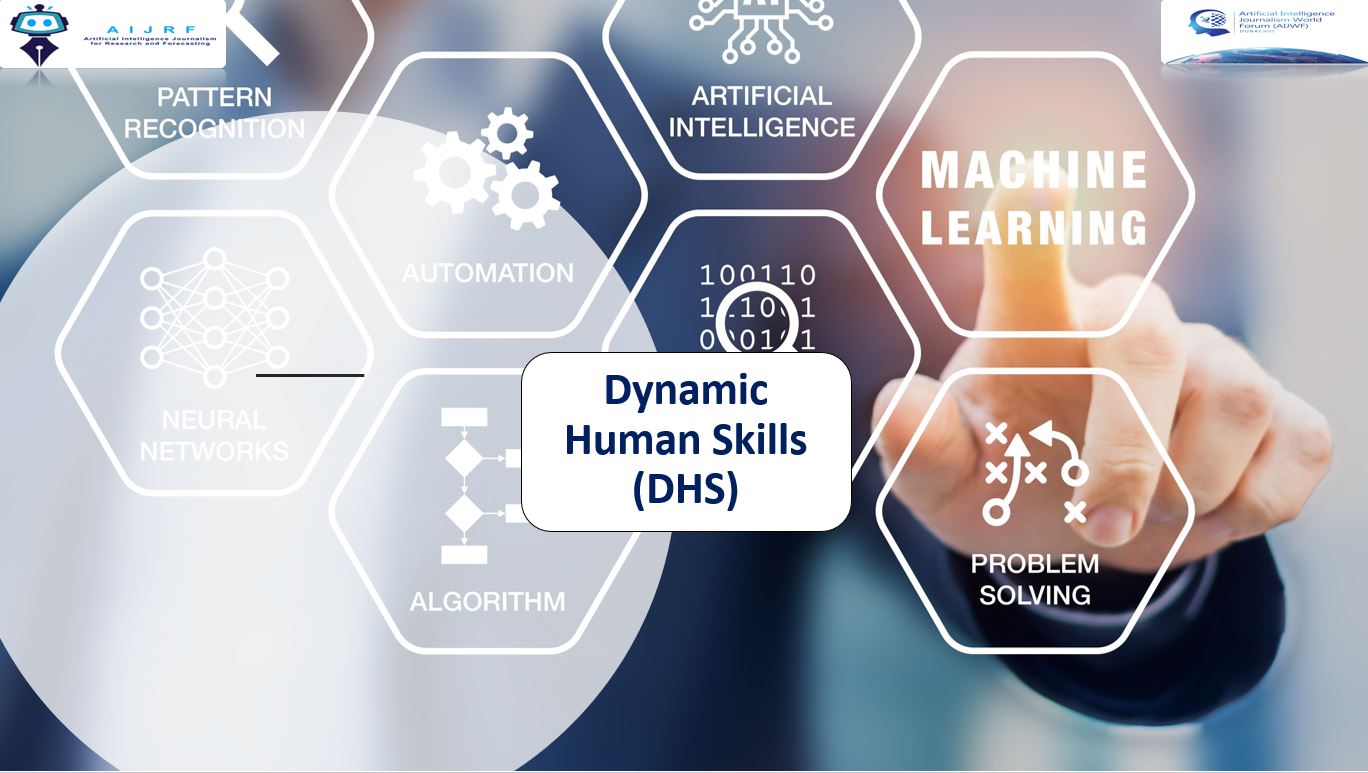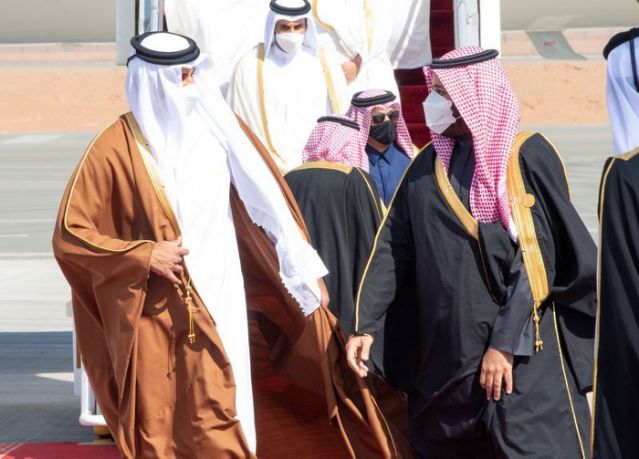
Getting the richest one per cent to pay just 0.5 per cent extra tax on their wealth could raise more money than it would cost to educate the 262 million children out of school and provide healthcare that would save the lives of 3.3 million people
It is a confusing world outlook for both this year and 2020.
On one hand, you have rapid and enormous technological advances around the globe. More than half of the world’s population has access to internet services in 2019.
On the other hand, you have high rates of poverty and the decline in global healthcare. It is estimated that around 10,000 people are dying every day for lack of access to healthcare facilities. A complete paradox…
So, how can the world deliver affordable and quality healthcare for nearly 9.7 billion people by 2050? This will form the core agenda of the World Economic Forum Annual Meeting in Davos this week.
And how could we use technology to service humanity? Would you prefer to have a 4G or 5G mobile? Or would you rather have an optimum healthcare insurance package that guarantees a better life.
What if you can have both? That would be truly awesome.
The economic landscape in 2019 will certainly be “wobbly” as detailed in the Economist. Protectionism, populism and anti-immigration continue to be top issues in many countries, along with increasingly turbulent financial markets and high levels of debt. China’s growth rate is predicted to slow down, while the economies of a range of countries including Argentina, Venezuela, Iran, the Democratic Republic of Congo (DRC), Afghanistan and Italy are seen as fragile. Even the USA could see a recession towards the end of the year. A global economic slowdown is a strong possibility, according to Caroline Kende-Robb, Secretary General, Care International in WEF.
Tech will play an ever-increasing role. According to the International Telecommunications Union, half of the world’s population will be online in 2019, but we should not forget that this figure still excludes many poor and vulnerable people. “Charity tech” will emerge strongly with the potential to transform philanthropy and giving. While technology can drive growth, it must do so with equity and empathy in mind.
There are some examples to use tech in humanity, such as; technology to tackle homelessness, Macmillan and NSPCC also use the technology for street-based fundraising. Blockchain also will be another form of technology with big implications for the charity sector. One of the main reasons blockchain holds opportunity for charities is that it creates greater transparency. It allows for the tracking of payments from the donor to the beneficiary, which gives everyone greater confidence in how money is being put to good use.
One platform offering charities this kind of service is Alice, which is built on the Ethereum blockchain network.
At World Economic Forum Annual Meeting Oxfam said in a report that; 2018 had been a year in which the rich had grown richer and the poor poorer. That the 26 richest billionaires own as many assets as the 3.8 billion people who make up the poorest half of the planet’s population.
Getting the richest one per cent to pay just 0.5 per cent extra tax on their wealth could raise more money than it would cost to educate the 262 million children out of school and provide healthcare that would save the lives of 3.3 million people.
Governments must now deliver real change by ensuring corporations and wealthy individuals pay their fair share of tax and investing this money in free healthcare and education that meets the needs of everyone – including women and girls whose needs are so often overlooked. Governments can build a brighter future for everyone – not just a privileged few, according to Oxfam.
It is estimated that in 2019, nearly 132 million people will need humanitarian assistance, only slightly down from 135 million in 2018. Funding requirements are estimated to be nearly $22 billion, just to meet the most urgent needs of over 93 million people in crises.
Also, in the US the most rich country in the world, about 553,000 people across the US were homeless on a single night in January 2018, and the state of California proposes to spend $700 million to address homelessness next year. How can we imagine the situation in other country in Africa and Asia?
The world now lives between existing conflicts in massive technological advances, and bridging the huge humanitarian gaps in poverty, homelessness, spread of diseases and epidemics and the absence of fair healthcare for millions of people. What is in store for the year 2019?










